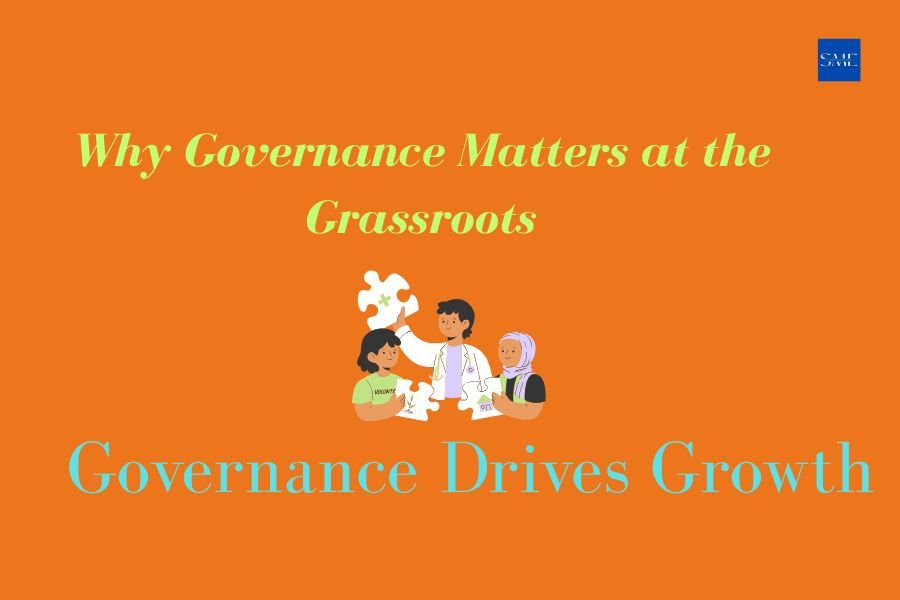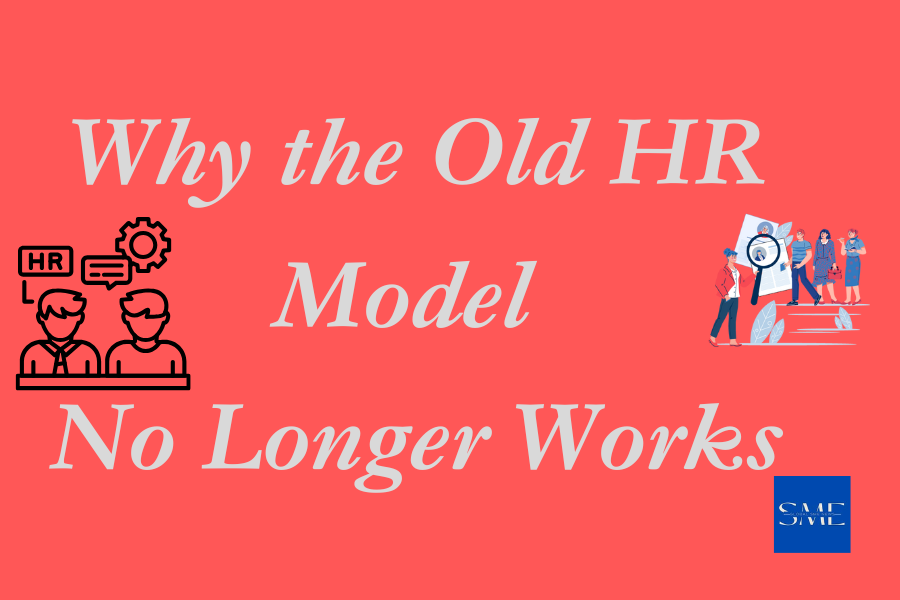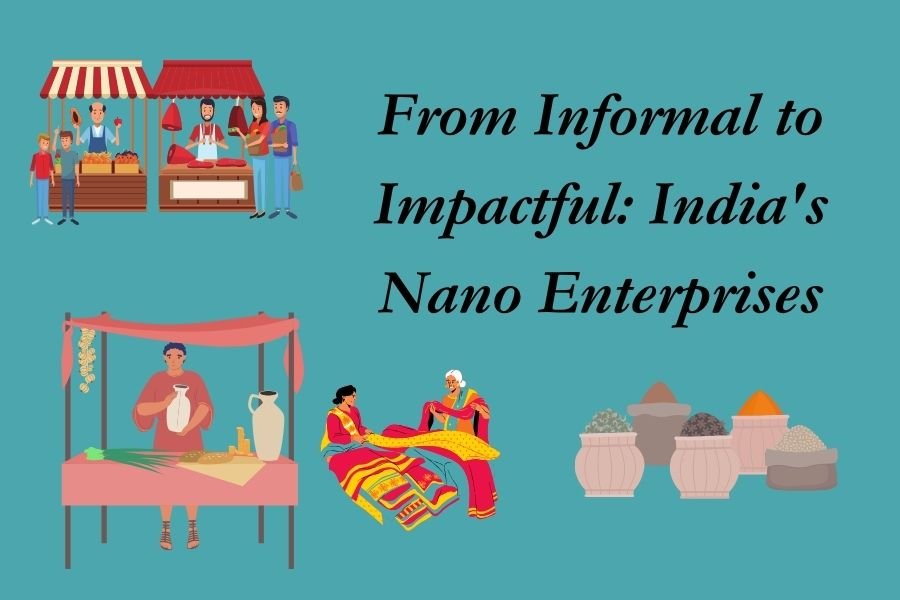Review: “SMEs and Economic Development in Africa“
“SMEs and Economic Development in Africa”, edited by Gift Mugano and Nirmala Dorasamy, provides a comprehensive and timely analysis of the critical role small and medium-sized enterprises (SMEs) play in Africa’s economic landscape. Published by Routledge in September 2023, this 236-page volume is a valuable resource for anyone looking to understand the challenges and potential solutions surrounding SME growth in Africa, with a broader emphasis on global lessons for development.

ISBN 9781032536934
236 Pages 2 B/W Illustrations
Published by Routledge
EDITED BY
- Gift Mugano
- Nirmala Dorasamy
Key Contributions:
The book dives into the importance of SMEs, highlighting their contribution to employment creation, poverty reduction, and economic growth. The volume directly ties these roles to the Sustainable Development Goals (SDGs), making a strong case for SMEs as engines of development. Mugano and Dorasamy examine how SMEs are responsible for a significant share of jobs and GDP in many countries, yet they remain vulnerable to several constraints, notably in access to finance, market entry, and resilience to exogenous shocks such as the COVID-19 pandemic.
Distinctive Features:
What sets this book apart is its focused approach on African SMEs while also offering global insights. The editors emphasize that, despite the global relevance of SMEs, Africa’s unique economic, social, and political environments require tailored solutions. The use of case studies grounds the theoretical framework, demonstrating how policymakers can address the persistent challenges that African SMEs face. By offering practical remedies and tested strategies, the book provides a roadmap for improving the economic impact of SMEs.
Structure and Themes:
The book covers a broad spectrum of critical issues through its 13 well-organized chapters:
- The role of SMEs in economic development is established early, setting a foundation for further discussion on issues like gender equality in Chapter 3, which examines how African women-owned SMEs have fared in a post-COVID world.
- The chapters on finance challenges (Chapter 5) and taxation (Chapter 6) explore pressing financial barriers for SMEs and propose viable policy interventions to address these hurdles.
- Other notable chapters, such as those on building productive capacities and enhancing business ethics and professionalism, introduce solutions for improving SME competitiveness in global and local markets, a crucial need in the post-pandemic recovery phase.
A significant contribution of this book is its focus on policies aimed at building resilience among SMEs, particularly in relation to external shocks. These policies include increasing productive capacities, offering skills training, and improving access to markets, as explored in chapters such as Skills Training by SMEs and Access to Markets and Internationalization of SMEs. Furthermore, the African Continental Free Trade Area (AfCFTA) is addressed, providing an important context for how African SMEs can leverage regional integration to expand beyond their borders.
Practical Application and Policy Recommendations:
The book’s practical approach offers tangible policy recommendations, making it not only an academic resource but also a valuable guide for policymakers, development agencies, and NGOs. The focus on building competitiveness, fostering professionalism, and enhancing quality standards underscores a recurring theme: SMEs, if supported appropriately, can be the springboard for economic prosperity in Africa.
Audience:
This book is particularly useful for advanced students, scholars, and researchers studying economic development and SMEs, as well as policymakers and practitioners involved in crafting SME policy or development initiatives in Africa. The blend of theoretical frameworks with case studies provides both a solid academic foundation and practical insights.
“SMEs and Economic Development in Africa” serves as a crucial text for understanding the pivotal role of SMEs in African economies and provides a roadmap for overcoming the challenges they face. Mugano and Dorasamy have compiled a well-researched and insightful book that is a must-read for anyone invested in Africa’s economic future and the global conversation around sustainable SME growth. With its focus on resilience, equality, and competitiveness, this book offers hope for making SMEs a catalyst for economic transformation in Africa and beyond.
Governance of State-Owned Enterprises in the Mena Region : Synthesis and Cross-cutting Findings of SOE Governance Reviews of Six Countries
World Bank. 2024. Governance of State-Owned Enterprises in the MENA Region: Synthesis and Cross-cutting Findings of SOE Governance Reviews of Six Countries. © Washington, DC: World Bank.
This report is part of a World Bank review of state-owned enterprise (SOE) governance practices in the Middle East and North Africa (MENA) region. The focus on governance is motivated by research pointing to good governance as an important precondition for successful and sustainable SOE reform. This report summarizes findings of six SOE governance reviews of Djibouti, Egypt, Jordan, Morocco, Oman, and Tunisia, while also drawing on other regional studies.
The six country reports, as well as this cross-cutting report, concentrate on the core dimensions of corporate governance of SOEs as identified in the Organization for Economic Co-operation and Development (OECD) Guidelines for Corporate Governance of SOEs, and the World Bank’s Integrated SOE Framework (iSOEF). These include: (i) the legal and regulatory framework for corporate governance; (ii) state ownership arrangements; (iii) performance management frameworks; (iv) Board structures and functioning; (v) financial reporting, accountability, control, and transparency; (vi) procurement policies and practices; and (vii) climate change reporting practices. The report also provides an overview of the SOE landscape in terms of the size, composition, employment, subsidies, and financial risks of the SOE sectors.







